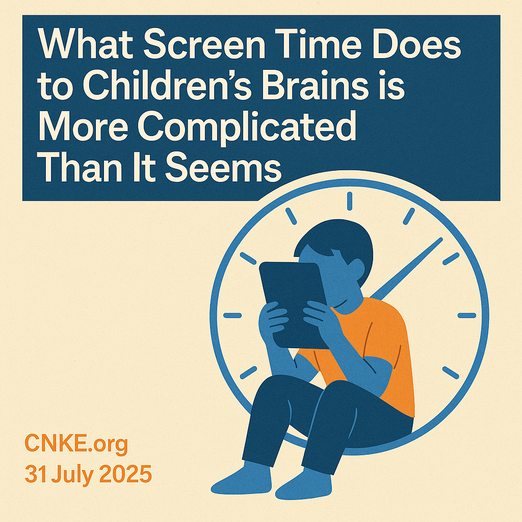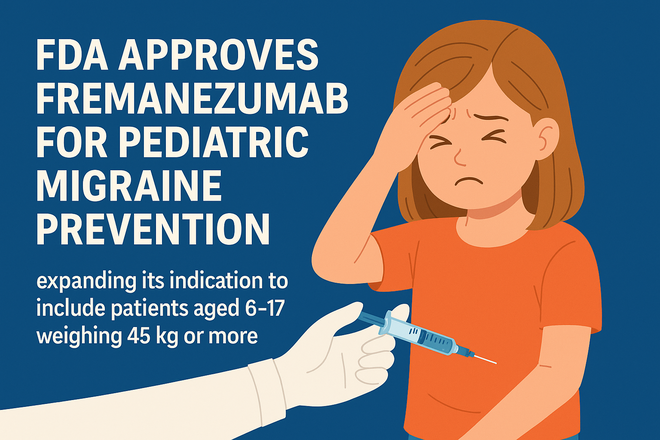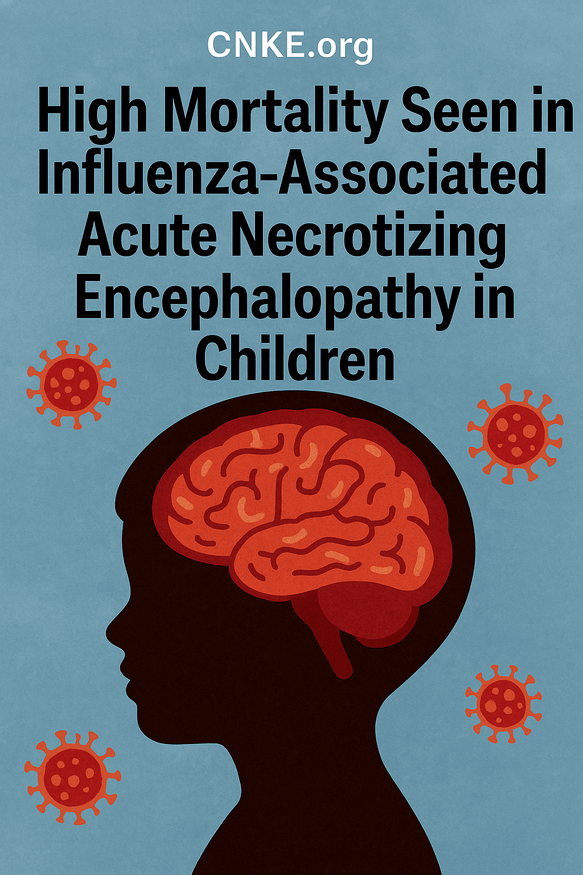Screen time is often blamed for a range of problems in children – from rising depression and behavioural issues to disrupted sleep. Some high-profile voices, including Baroness Susan Greenfield, have even compared its potential impact on the developing brain to the early days of climate change: a looming threat not being taken seriously.
But new analysis suggests the science behind these concerns is far from settled. Researchers argue that much of the evidence is inconsistent, methodologically weak, or open to alternative explanations.
The Evidence Gap
Professor Pete Etchells of Bath Spa University, who has reviewed hundreds of studies on screen time and mental health, says that concrete scientific evidence to back up stories about the terrible outcomes of screen time simply isn’t there
. Large-scale reviews, including a 2021 American Psychological Association study, have found little to no link between screen use and poor mental wellbeing.
Even the supposed effect of blue light on sleep is in question: a 2024 review of 11 global studies found no overall evidence that pre-bedtime screen light significantly disrupts sleep.
Correlation Isn’t Causation
Many studies rely on self-reported data, where young people estimate their screen time and describe their feelings. This introduces uncertainty and the risk of conflating correlation with causation. For example, children who are lonely may spend more time on screens – but loneliness, rather than the screen time itself, may be driving mental health struggles.
The nature of screen use also matters: time spent socialising online may have a different impact than passive “doomscrolling.” A major brain imaging study of 11,500 children aged 9–12 found no evidence linking high screen use to cognitive decline or poor mental health.
The Counterarguments
Other researchers, such as Professor Jean Twenge of San Diego State University, point to data linking heavy social media use with higher depression rates in teens, particularly girls. Experimental studies, like a 2024 Danish trial limiting children’s screen use, reported improved psychological symptoms and prosocial behaviour.
Twenge argues that delaying smartphone use until at least age 16 may reduce risks, given the greater maturity and social stability of older adolescents.
No Clear Global Consensus
Official recommendations vary widely. The World Health Organization advises no screen time for under-ones and a maximum of one hour per day for under-fours. In contrast, the American Academy of Pediatrics and the UK’s Royal College of Paediatrics and Child Health do not set strict limits, citing insufficient evidence.
This lack of consensus leaves parents navigating conflicting advice, societal judgement, and rapid technological change. As screens evolve into wearable devices, social platforms fragment into smaller communities, and AI tools integrate into learning, the debate over children’s screen exposure is only set to intensify.







